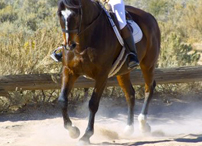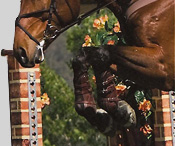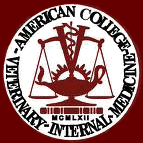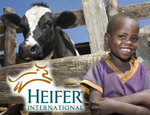



"Building healthy partners"
Cold Weather Care


BE PREPARED FOR ICY CONDITIONS
I know that everyone is dealing with flood conditions today, but please think ahead to later this week when temperatures are going to drop and ice maybe even a greater risk for your horses at pasture. Some ideas to improve traction on ice:
Remove horses shoes
Spread sand, Dry Den bedding (Green's Feed) or wood stove pellets (the ones without chemicals....Sierra Feed carries them)
The National Weather Service is predicting a transition to snow and freezing temperatures by Wednesday night. Consider moving your horses tomorrow if they are in standing water that is likely to freeze.
This is a great time to network with neighbors with barns, or whose property may be on Higher Ground with better drainage, and may be able to house your horses temporarily.
Tips for Cold Weather Care:
One of you asked me to post recommendations for horse care in upcoming cold weather.
It really is not complicated. There are two very important things you should do to protect your horses from cold related problems, the most common by far of which is colic:
1) Provide WARM Fresh Water
2) Feed HIGH QUALITY Hay
Here's how it works: hay fills the hind gut (cecum and colon) where it absorbs LOTS of water and is slowly digested. A byproduct of the chemical processes of hind gut digestion is HEAT, which keeps your horse warm from the inside out while digestion provides energy to your horse.
If your water is very cold or frozen, your horse's consumtion drops and they are predisposed to develop cecal or colonic impaction. An impaction is simply the accumulation of dehydrated food material within the colon. This material is difficult for the colon to move, so it slows down the transit of food material, creating a back up that can progress to colonic distension or even a complete obstruction, either of which will cause pain and colic.
If your hay is too high in poorly digestible fiber, the same thing can happen even in the presence of adequate water intake.
People mistakenly think that feeding grain is a good idea in the winter because it is more calorie-dense. This thinking is faulty. Grain is digested primarily in the small intestine (foregut) where it draws large amounts of water out of your horse's circulation. The digestive process is relatively fast and provides little Heat. And also causes large transient fluxes in fluid balance and gastrointestinal motility. Does any of that sound like what you want to be happening in your horses gut in very cold weather?
However, some geriatric horses and high-level Performance Horses are unable to obtain adequate calories from hay alone. Supplemental concentrate rations are best fed as wet mashes, no matter what the ingredients. This is a significant inconvenience in the winter, but is very important.
It is ok to add 1 Tbsp of table salt to mashes to encourage water consumption, but it really is not necessary if you have invested in a safe method to heat your horse's water and your hay is high quality.
Finally, don't forget exercise! For you and your horse, winter tends to make us all more sedentary. Not good for anyone's health, horse or human.
PO BOX 60730
RENO NV 89506
EMERGENCY (775) 742-2823 OFFICE (775) 969-3495
FAX (775) 969-3923




